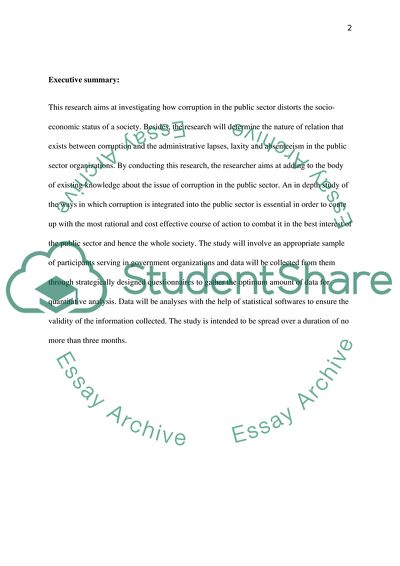Cite this document
(“Effects of Administrative Corruption in the Public Sector Essay”, n.d.)
Effects of Administrative Corruption in the Public Sector Essay. Retrieved from https://studentshare.org/social-science/1569065-administrative-corruption-a-research-proposal-editing
Effects of Administrative Corruption in the Public Sector Essay. Retrieved from https://studentshare.org/social-science/1569065-administrative-corruption-a-research-proposal-editing
(Effects of Administrative Corruption in the Public Sector Essay)
Effects of Administrative Corruption in the Public Sector Essay. https://studentshare.org/social-science/1569065-administrative-corruption-a-research-proposal-editing.
Effects of Administrative Corruption in the Public Sector Essay. https://studentshare.org/social-science/1569065-administrative-corruption-a-research-proposal-editing.
“Effects of Administrative Corruption in the Public Sector Essay”, n.d. https://studentshare.org/social-science/1569065-administrative-corruption-a-research-proposal-editing.


